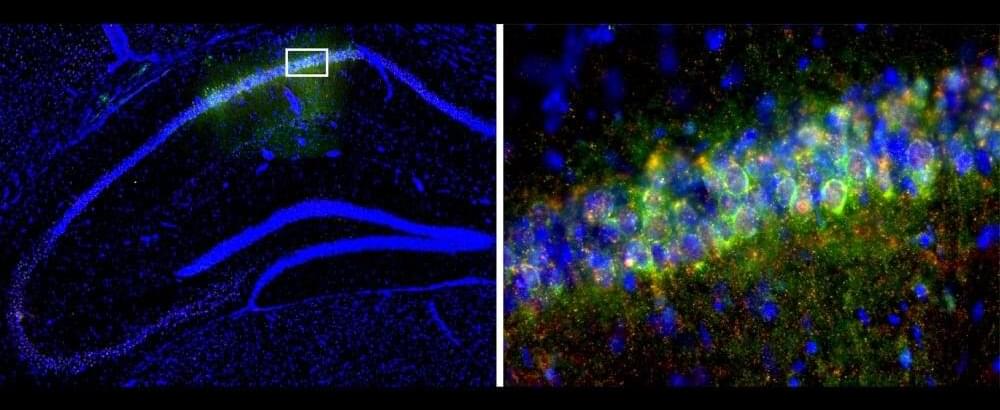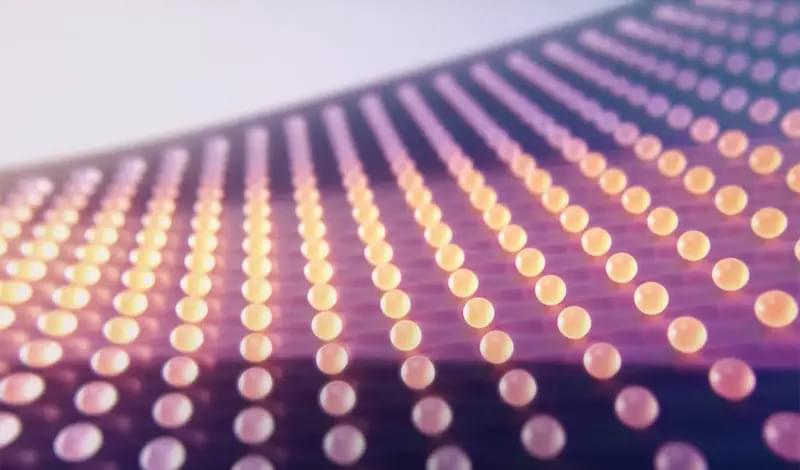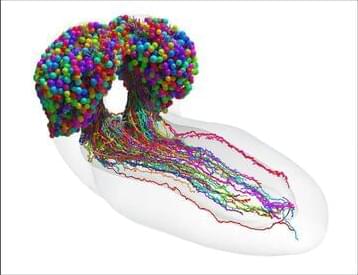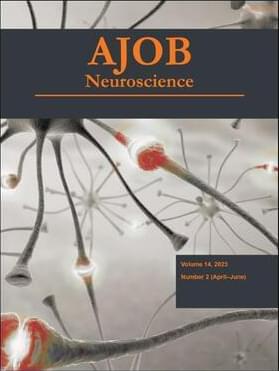Jul 22, 2023
Circadian clock gene helps mice form memories better during the day
Posted by Shubham Ghosh Roy in category: neuroscience
A gene that plays a key role in regulating how bodies change across the 24-hour day also influences memory formation, allowing mice to consolidate memories better during the day than at night. Researchers at Penn State tested the memory of mice during the day and at night, then identified genes whose activity fluctuated in a memory-related region of the brain in parallel with memory performance.
Experiments showed that the gene, Period 1, which is known to be involved in the body’s circadian clock, is crucial for improved daytime memory performance. A paper describing the research was published online in the journal Neuropsychopharmacology.
The research demonstrates a link between the circadian system and memory formation and begins to piece together the molecular mechanisms that help form and keep memories. Understanding these mechanisms and the influence of time of day on memory formation could help researchers to determine how and when people learn best.


















